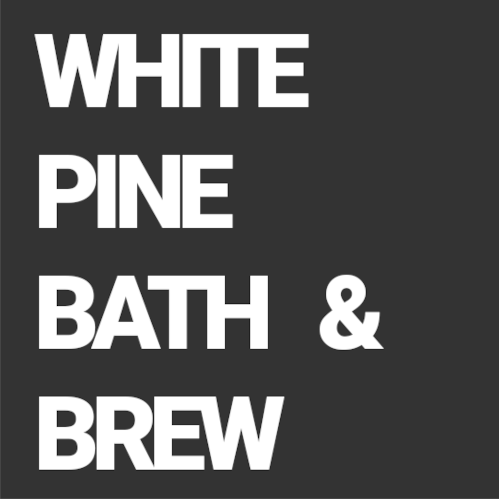Hello, hello, and welcome to the first ever blog post at Shower Beer & Beer Showers! I am so glad you are here to explore with me!
Have you ever wondered what soap actually is? What makes it so perfect for keeping us clean and healthy? When is soap considered antibacterial? Allow me to put on my chemistry hat and give you a little tour of the science behind the suds!

(Ashley Teresse Photography)
On a most basic level, soap is a molecule with two ends. There is a polarized, hydrophilic end that attracts water. The other end is non-polarized and hydrophobic; it repels water but is attracted to grease and other similar substances. You have heard what is said about oil and water - they don't mix. Thus, soap acts as a bridge between water and oil, allowing them to connect. One end binds with the grease and dirt on our bodies while the other end binds to the water we use with soap. The soap picks up the grime and then is carried away by the water when we rinse.

(Leah's Lens Photography)
So, is soap antibacterial? The simple answer is no. For something to be antibacterial it would need to do more than just usher away bacteria. It would need to actually kill bacteria. That isn't to say that soap is useless in the fight against germs. Bacteria can live in the dirt that soap washes away. For a soap to be considered antibacterial, it would need to contain an extraneous ingredient that actually kills the germs. Some of the once commonly used ingredients for this are under examination or restriction by the FDA. The FDA has also said there is not enough evidence to suggest that antibacterial soaps are better for us than good, old-fashioned soap and water. That being said, it is commonly believed that certain other ingredients (such as specific essential oils) are naturally antimicrobial. However, the antimicrobial nature of soap would vary greatly from recipe to recipe depending on the additives and amounts. So, at its simplest chemical level, soap does not inherently kill viruses or bacteria. It is not antimicrobial. However, soap is still invaluable as its molecular structure aids us in the removal of germs.
Cheers,
Elaine
FDA. (n.d.). Antibacterial soap? you can skip it, use plain soap and water. U.S. Food and Drug Administration. https://www.fda.gov/consumers/consumer-updates/antibacterial-soap-you-can-skip-it-use-plain-soap-and-water#:~:text=What%20Makes%20Soap%20’Antibacterial’,reducing%20or%20preventing%20bacterial%20infection.

